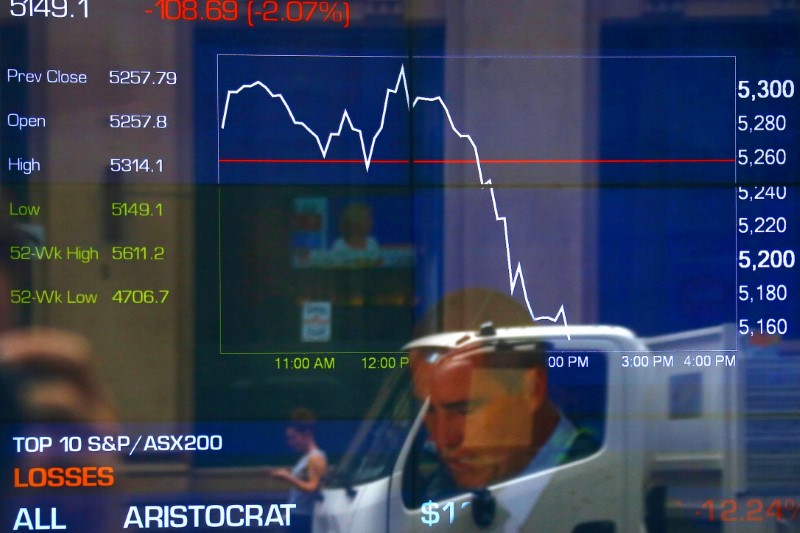Self-managed super funds (SMSFs) offer a wider range of investment options compared to other superannuation funds.
With some limited exceptions, an SMSF can invest in virtually anything provided it is allowed by the investment strategy prepared by the trustees, adheres to the regulations and that it meets the sole purpose test and adheres to the regulations. That means that assets must be held ONLY to provide for members in their retirement.
Investing in a share portfolio can be a useful way to achieve this as part of a balanced investment strategy.
Dividends
The most common way for companies to pay returns to shareholders is by way of a cash dividend.
Dividends are paid out of profits which have already been subject to Australian company tax which is currently 30% (or 25% for most small companies). Recognising that it would be unfair if shareholders were taxed again on the same profits, shareholders receive a rebate for the tax paid by the company on profits distributed as dividends.
These dividends are described as being 'franked’ and have a franking credit (also known as an imputation credit) attached to them representing the tax the company has already paid.
The shareholder who receives a dividend is entitled to a credit for tax the company has paid. If the shareholder’s top tax rate is less than 30% (or 25% where the paying company is a small company), the ATO will refund the difference.
As SMSFs pay tax at a rate of 15% (if in the accumulation phase), this means that the SMSF will get a cash refund of up to 15% (or 10% if the company pays tax at 25%) which can then be reinvested in the SMSF.
So, for an SMSF in the accumulation phase, it can use the excess franking credit rebate to offset the 15% contributions tax. The additional amount can be used to build up the fund.
Valuation of shares
If an SMSF holds shares, the shares must be disclosed at market value at year-end. Any unrealised gains or losses will be accounted for in the fund’s profit and loss account at the year end.
The fund does not need to pay any tax on unrealised gains or losses. However, when the shares are sold, at that point, Capital Gains Tax (CGT) will need to be paid.
Capital Gains Tax
The income of an SMSF – including income from capital gains – is generally taxed at the concessional rate of 15% while the SMSF is in the accumulation phase.
Any capital gains and losses the SMSF makes during a financial year will be included in the fund’s assessable income, so if its gains are more than its losses, it will normally have to pay a Capital Gains Tax (CGT) of 15% on the excess.
If an SMSF sells an asset it has owned for at least 12 months, the fund may be entitled to ‘discount’ the capital gain by one-third, so only two-thirds of the gain would be subject to tax. This gives an effective tax rate of only 10% (15% minus the one-third discount) on the fund’s capital gains.
In addition to the one-third discount rule, an SMSF may qualify for further tax concessions or exemptions, depending on its members’ circumstances. If any members of an SMSF have entered the retirement phase (i.e. the SMSF has started paying them a retirement income stream), then the SMSF can potentially end up paying 0% on capital gains.
This is because SMSFs in the retirement phase are exempt from tax on income generated by assets used to pay a superannuation income stream.
If all the members of the SMSF are in the retirement phase (i.e. none remain in the accumulation phase) this could mean the fund is eligible to pay no CGT, regardless of how long it has owned the assets it sells.
Keep in mind, though, that if some of the SMSF members are still in the accumulation phase, or if a member holds both an accumulation account and a pension account, the tax treatment of capital gains can be more complicated and the fund may need to pay some CGT.
Mark Chapman is the director of tax communications at H&R Block (NYSE:HRB). As well as operating his own private practice, Mark spent seven years as a Senior Director with the Australian Taxation Office. Mark is a Chartered Accountant, CPA and Chartered Tax Adviser and holds a Masters of Tax Law from the University of New South Wales.
